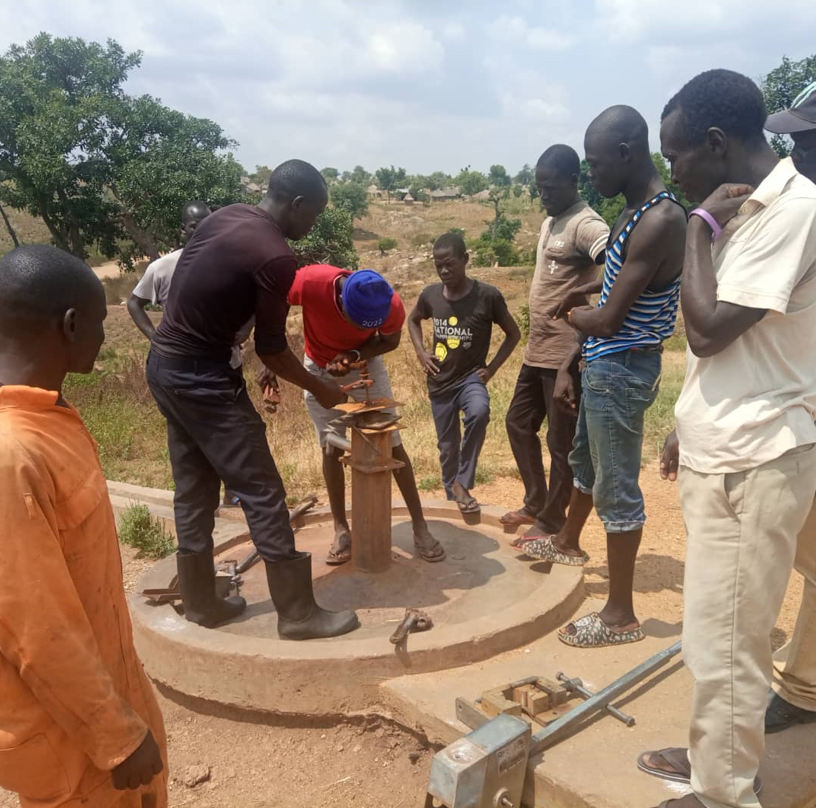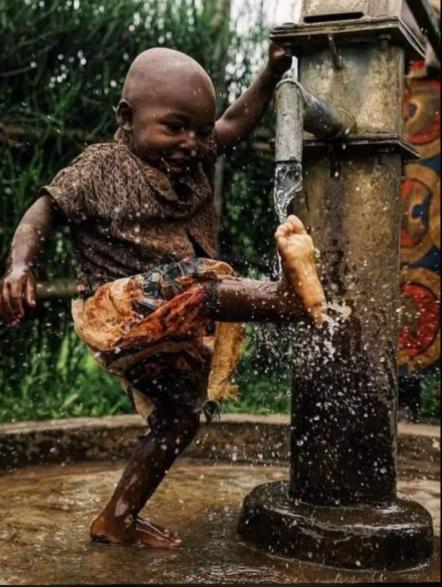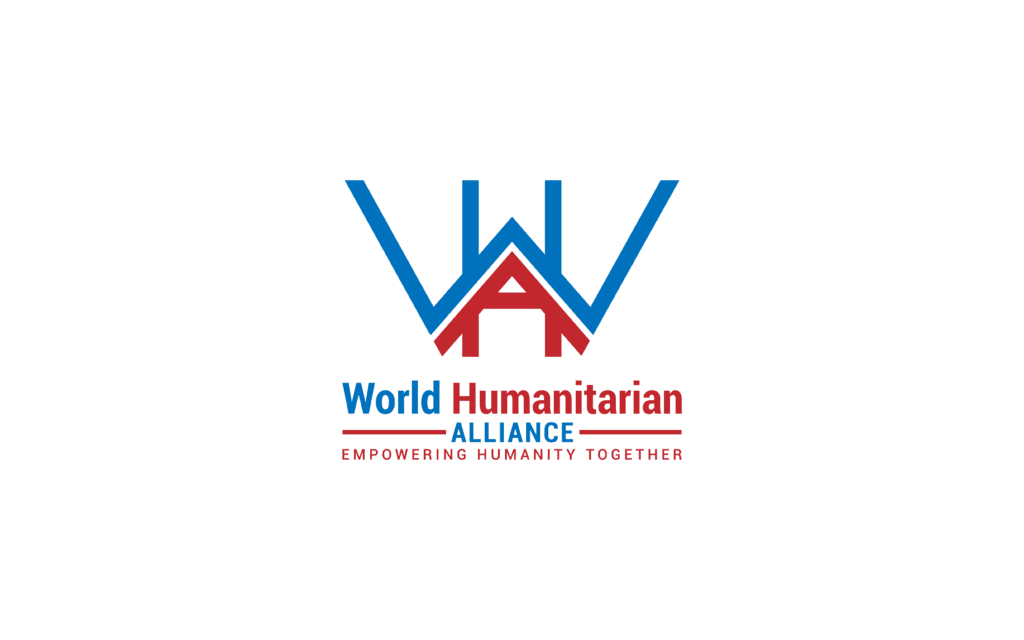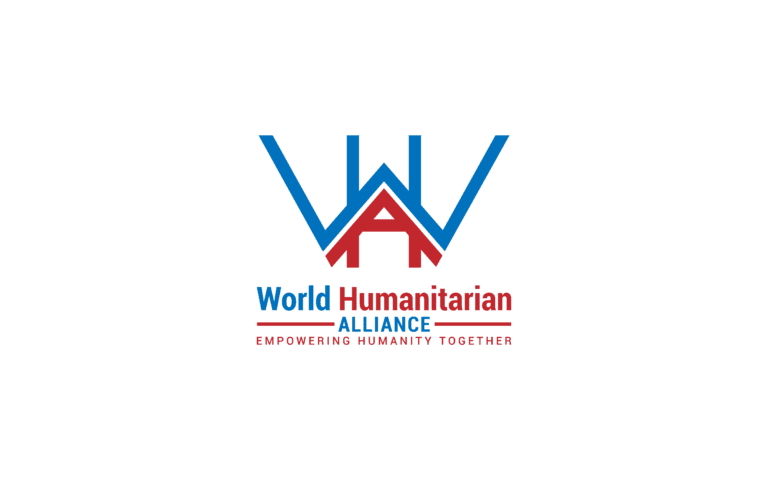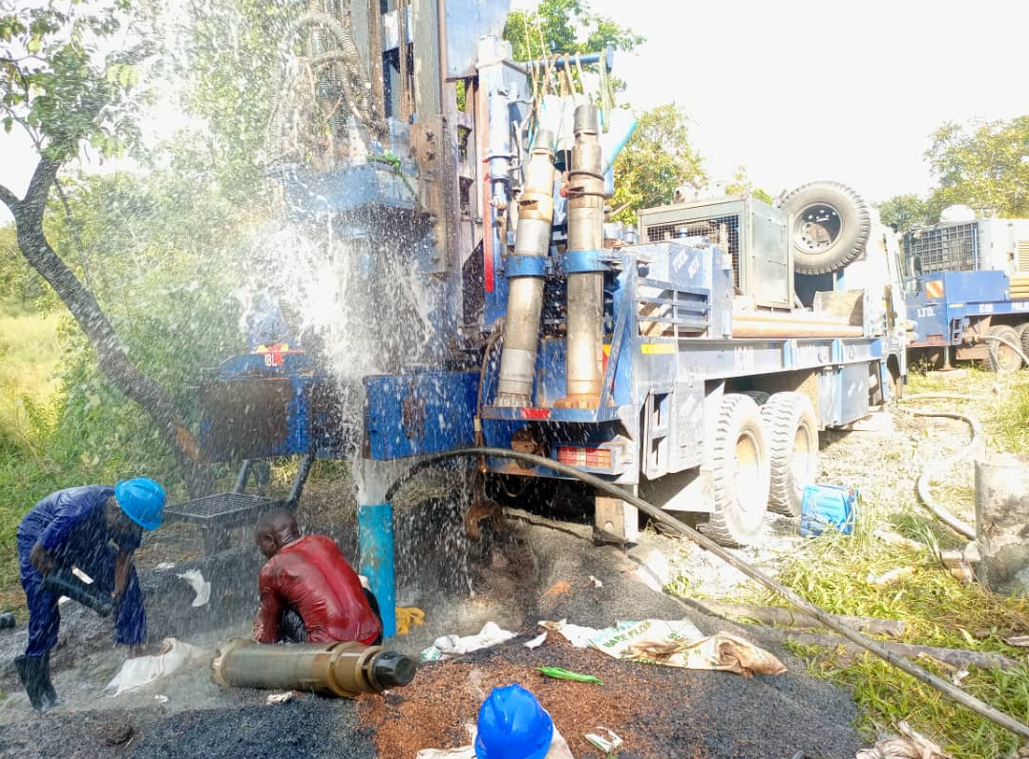
Education
Quick Facts

WHA has established WASH facilities in over 500 refugee camps, serving more than 2 million displaced individuals.
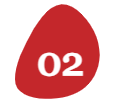
During the Syrian crisis, WHA airlifted 25,000 emergency WASH kits, each capable of supporting a family of five for a month.

In urban informal settlements like Nairobi's slums, WHA's water kiosks and water ATMs have benefitted over 300,000 residents.

WHA has built or refurbished 10,000 school latrines, impacting over 1 million students across sub-Saharan Africa and Asia.
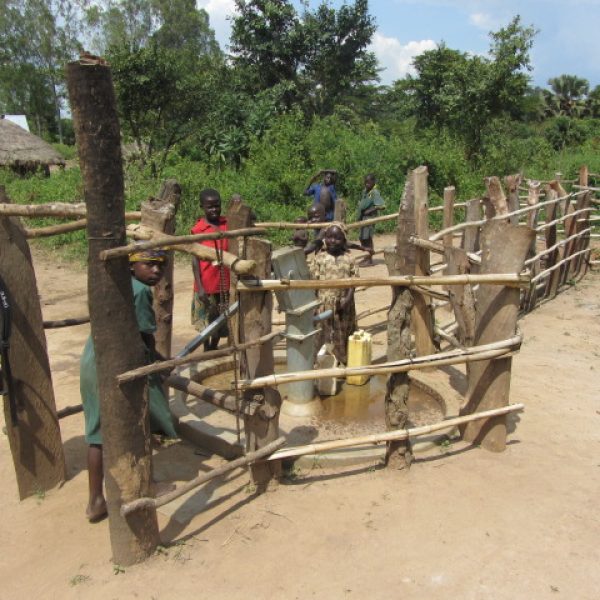
Our Approach
Access to clean Water, Sanitation, and Hygiene (WASH) is a fundamental human right, yet it remains a global challenge. The World Humanitarian Alliance (WHA) is committed to achieving global WASH standards and ensuring healthier communities. Through our comprehensive WASH programs, we aim to increase access to these basic services and promote sustainable practices.
Access to clean water, sanitation, and hygiene (WASH) is a fundamental human right, yet it remains a global challenge. The World Humanitarian Alliance (WHA) is committed to achieving global WASH standards and ensuring healthier communities. Through our comprehensive WASH programs, we aim to increase access to these basic services and promote sustainable practices.
The statistics provided by the World Health Organization (WHO) paint a stark picture of the global WASH crisis. Approximately 2.2 billion individuals lack access to safe drinking water, while around 4.2 billion live without access to adequate sanitation. The gravity of the situation is amplified by the fact that these figures disproportionately represent those living in low-income, conflict-affected, or disaster-stricken regions. WHA’s commitment to bridging this glaring gap has led to the development and implementation of comprehensive WASH programs globally.
To combat this issue, WHA has launched WASH initiatives in over 50 countries, directly impacting more than 10 million people. From the arid regions of sub-Saharan Africa to the conflict-ridden areas of the Middle East and beyond, our WASH programs have provided life-saving services to those who need them the most.
In Africa, WHA’s work has led to the construction and repair of over 5,000 water points, providing safe drinking water to over 2 million people. We’ve constructed at least 50,000 latrines in schools and communities, significantly improving sanitation and reducing the risk of waterborne diseases. We’ve also delivered hygiene education to over 500,000 individuals, promoting a healthier and more sustainable future.
Our efforts in the Middle East have been just as significant. In Yemen, for example, we’ve built and repaired water systems that serve over 1 million individuals. In Syria, we’ve provided WASH services to over 200,000 internally displaced persons living in temporary camps.
Beyond providing facilities, our WASH initiatives focus on promoting sustainable hygiene practices. We’ve conducted extensive community hygiene promotion campaigns that have reached over 3 million individuals globally. This effort not only impacts immediate health but also fosters long-term behavioral change that can transform communities.
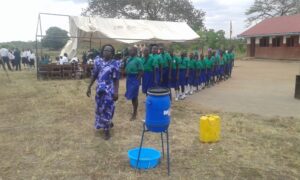
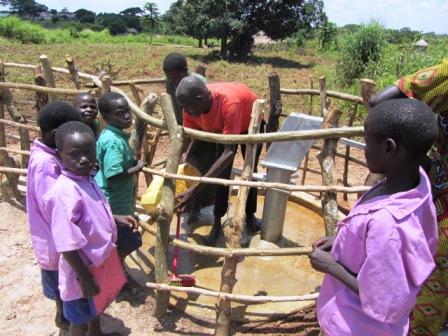

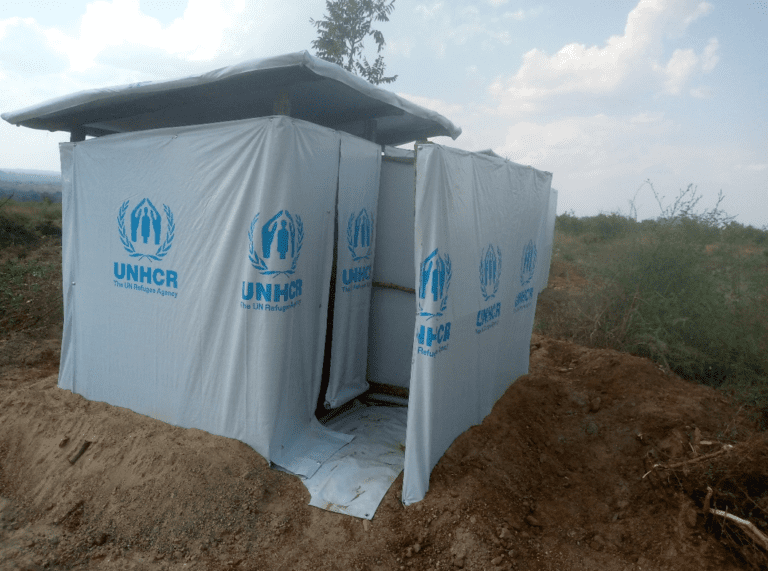
What We Do
Small Donations Make Big Impact on Someone’s
Life, Act Today!




Our Approach
WHA firmly believes in the power of innovation in overcoming the WASH crisis given that innovation plays a critical role in our WASH programs. To this end, we have piloted solar-powered water systems in remote communities. These initiatives not only address the immediate water scarcity issues but also offer a sustainable, eco-friendly solution for the future. Similarly, our sanitation projects often employ bio-latrines that convert human waste into organic fertilizer, thus endorsing a circular economy and ensuring resource optimization.
Despite the progress made, the journey towards achieving universal WASH standards is far from over. But with each water point installed, every latrine built, and every hygiene lesson delivered, we are steadily moving closer to our goal. We envision a world where clean water, adequate sanitation, and good hygiene practices aren’t luxuries, but a reality for all. The impact of our WASH programs so far stands testament to this belief, and with continued efforts and unwavering commitment, we believe that this vision can indeed be realized.
WHA’s relentless pursuit of providing water, sanitation, and hygiene services across the globe has led to several incredible strides towards achieving these fundamental human rights. We’ve extended our reach to remote and challenging environments, never deterred by geographical constraints or complex geopolitical situations.
In the Sahelian countries of Africa, where cyclical droughts exacerbate water scarcity, WHA has implemented an integrated watershed management approach. Our initiatives have seen the construction of nearly 200 small-scale dams and water catchments, serving close to 1.5 million people, and providing a lifeline in regions where water is a scarce commodity.
Our efforts have also centered on the vulnerable urban populations living in informal settlements. In Nairobi’s sprawling slums, we’ve established water kiosks and coin-operated water ATMs, benefiting over 100,000 residents who previously lacked direct access to clean water.
Moreover, understanding that waterborne diseases are a primary cause of child mortality, WHA has prioritized safe sanitation in schools. We have built or refurbished 10,000 school latrines, directly impacting over 1 million students across sub-Saharan Africa and Asia. We’ve also instituted school-led Total Sanitation campaigns that encourage children to become agents of change within their communities.
In the Middle East, our teams have worked in the harsh environments of refugee camps. By establishing WASH facilities in over 500 such camps, we have been able to serve more than 2 million displaced individuals. Our initiatives in these camps go beyond just providing facilities – they aim to foster dignity, safety, and comfort amidst the harsh realities of displacement.
Furthermore, our humanitarian response to the Syrian crisis saw us airlift 25,000 emergency WASH kits, each capable of providing a family of five with essential sanitation items for a month. This rapid response had a critical impact in curbing the spread of diseases during the initial stages of displacement.
WHA has also invested heavily in community-led initiatives. We’ve trained over 10,000 community hygiene promoters globally who are now the front-line warriors in our battle against poor sanitation and hygiene. By driving community engagement and ownership, these promoters have managed to induce positive behavior changes within their societies.
Yet, the numbers and stats merely scratch the surface of the transformative impact WHA’s WASH initiatives have had. Behind each number is a story of resilience, dignity, and the indomitable human spirit. And it’s these stories that fuel our commitment to ensure everyone, everywhere, has access to safe water, sanitation, and hygiene.
Help Us to Make Difference
Restoring Hope Through
Water, Sanitation, and Hygiene (WASH)
Yet, the numbers and stats merely scratch the surface of the transformative impact WHA’s WASH initiatives have had. Behind each number is a story of resilience, dignity, and the indomitable human spirit. And it’s these stories that fuel our commitment to ensure everyone, everywhere, has access to safe water, sanitation, and hygiene.
